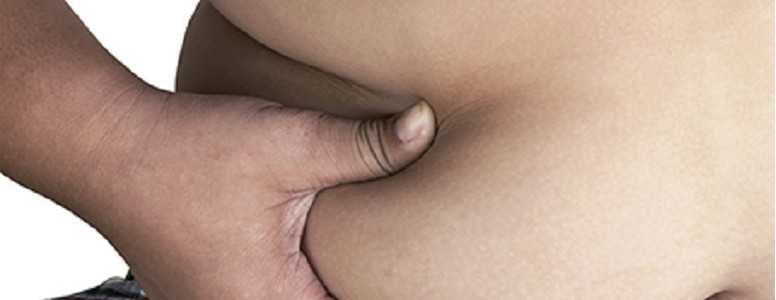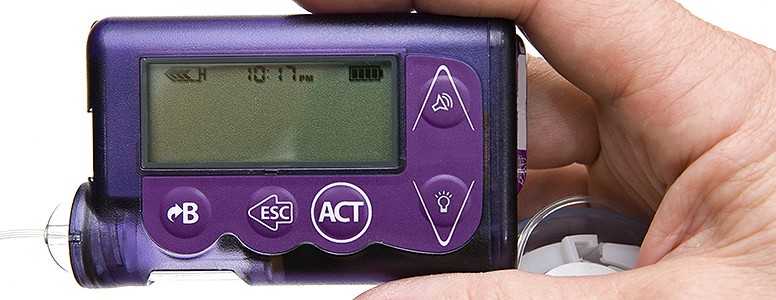Spending at least a quarter of the day standing is linked to lower risk of obesity and type 2 diabetes, according to new research.
The study, conducted by researchers at the American Cancer Society in collaboration with The Cooper Institute, the University of Texas and the University of Georgia, support several recent study that have linked spending a lot of time sitting with a higher risk of obesity and type 2 diabetes, regardless of exercise levels.
Obesity increases the risk of several other health conditions, including type 2 diabetes, heart disease and some types of cancer. By reducing their risk of obesity, individuals can lower their risk of type 2 diabetes and other conditions.
The researchers analysed data from more than 7000 adults who attended the Cooper Clinic between 2010 and 2015. They examined the link between standing and obesity through body mass index (BMI), body fat percentage and waist circumference. The researchers also examined the presence of risk factors for heart disease, type 2 diabetes and stroke.
Men who spent a quarter of each day standing lowered their risk of obesity by 32 per cent. Spending half of the day standing was linked to a 59 per cent reduction in obesity risk. For women, these figures were 35 per cent and 47 per cent respectively.
“Standing a quarter of the time per day or more is associated with reduced odds of obesity,” the researchers concluded. “The inverse relationship of standing to obesity and metabolic syndrome is more robust when combined with health-promoting [leisure-time physical activity].”
Although the findings support the idea that simply standing rather than sitting can improve health outcomes, the study had several limitations. Most significantly, the researchers were unable to judge whether standing reduces obesity risk or if obese people simply tend to spend less time standing. Further research is needed to back up the findings.
The findings are published in Mayo Clinic Proceedings.
What's new on the forum? ⭐️
Get our free newsletters
Stay up to date with the latest news, research and breakthroughs.




